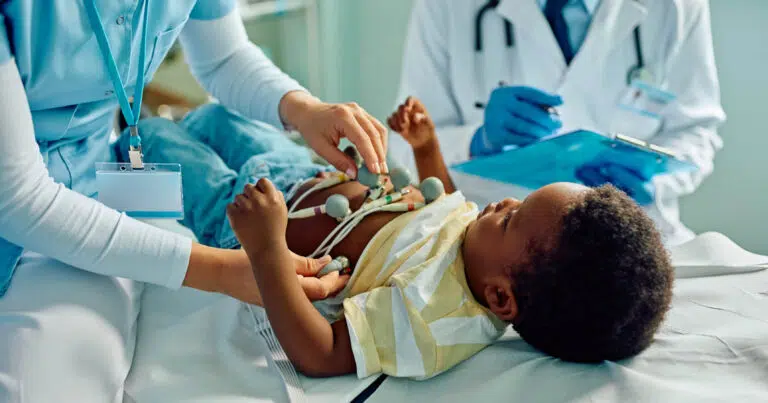Patient Care Technician Career Guide
Looking for a different career guide?
Overview
Patient Care Technicians (PCTs) are vital members of the healthcare team, providing direct patient care and support under the supervision of nurses and other medical professionals. PCTs play a crucial role in assisting with patient activities of daily living, monitoring vital signs, collecting specimens and providing emotional support to patients and their families. They work in various healthcare
Education
To become a Patient Care Technician, you typically need a high school diploma or equivalent. While formal education is not always required, completing a postsecondary education program in patient care technology or a related field can enhance job prospects and provide valuable training. These programs are available at vocational schools, community colleges and some healthcare facilities. The length of study
Qualifications

Skills
Patient Care Technicians need a diverse set of skills to excel in their role. They must have a strong understanding of patient care techniques and medical procedures. Technical skills, such as taking accurate vital signs and collecting specimens, are crucial for providing safe and effective patient care. Effective communication and interpersonal skills are essential for interacting with patients, their families
Responsibilities
Patient Care Technicians have a wide range of responsibilities focused on providing direct patient care and support. They assist patients with daily living activities, monitor vital signs, collect specimens and assist with medical procedures. PCTs also play a vital role in maintaining patient safety and ensuring patients' comfort during their stay in healthcare facilities. They work closely with nurses and
Salary Insights
The average salary for a Patient Care Technician is $1,148.69 per week.
Last updated on December 21, 2025. Based on active jobs on Vivian.com.
Pros & Cons
Pros of becoming a Patient Care Technician include the opportunity to work directly with patients and make a positive impact on their well-being, the chance to gain valuable experience in the healthcare field and relatively quick entry into the profession with minimal educational requirements.
However, there are some challenges associated with this profession. Patient Care Technicians may encounter physically demanding situations
Some of the content on this page was enhanced using artificial intelligence.
Join over 1 million healthcare workers that are getting a head start with Vivian.
Join Vivian





